Choice and opportunity cost are two fundamental concepts in economics. Given that resources are limited, producers and consumers have to make choices between competing alternatives. All economic decisions involve making choices. Individuals must choose how best to use their skill and effort, firms must choose how best to use their workers and machinery, and governments must choose how best to use taxpayer’s money.
Making an economic choice creates a sacrifice because alternatives must be given up, which results in the loss of benefit that the alternative would have provided. For example, if an individual has £10 to spend, and if books are £10 each and downloaded music tracks are £1 each, buying a book means the loss of the benefit that would have been gained from the 10 downloaded tracks. Similarly, land and other resources, which have been used to build a new school could have been used to build a new factory. The loss of thenext best option represents the real sacrifice and is referred to as opportunity cost. The opportunity cost of choosing the school is the loss of the factory, and what could have been produced.
It is necessary to appreciate that opportunity cost relates to the loss of the next best alternative, and not just any alternative. The true cost of any decision is always the closest option not chosen.
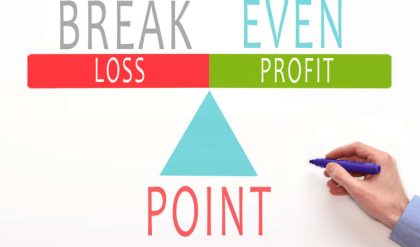

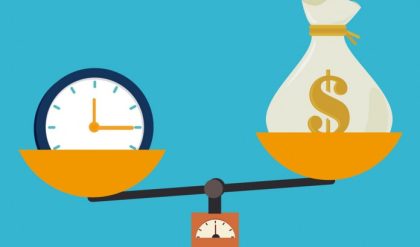
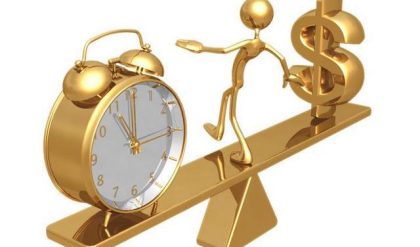
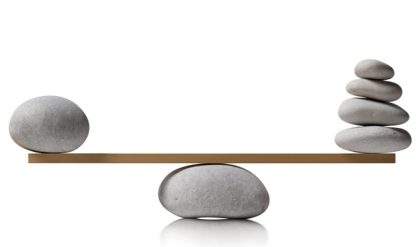
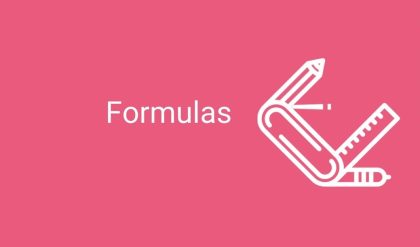
Comments are closed.